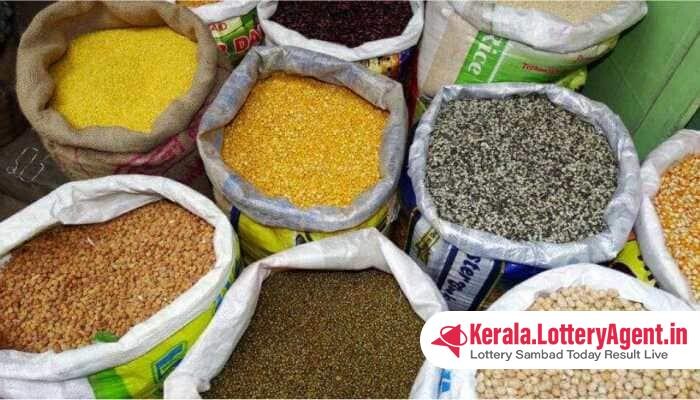
In a move that will streamline cross-border commerce, the Indian government has made a pivotal change in the way payments are processed for pulse imports from Myanmar. On a recent Saturday, the consumer affairs ministry released the details of the new system, stating that Indian traders will now be able to make direct payments in the Rupee/Kyat currency pair using a Special Rupee Vostro Account (SRVA) operated by Punjab National Bank.
This strategic development comes at a time when India, struggling with a domestic pulse shortage, looks towards Myanmar for importing significant quantities of tur (pigeon pea) and urad (black gram) dals. Nidhi Khare, the Consumer Affairs Secretary, took the initiative to meet with the Indian Mission in Yangon. Their conversations revolved around the intricacies involved in pulse trading, emphasizing the import prices, which are subject to fluctuating exchange rates, and the stock levels maintained by the Indian importers in Myanmar.
The Indian Mission apprised Secretary Khare that, effective from January 25 of this year, the Rupee/Kyat Settlement Mechanism has been operational, aimed at increasing the efficiency of trade transactions. It was also reported that one day following this, on January 26, 2024, Myanmar’s Central Bank detailed the payment procedures under the SRVA, further illustrating the commitment to this newly forged financial pathway which extends to both sea and land trade inclusive of a diverse set of goods and services.
The ministry cited numerous advantages to the importers, most notably the reduction in costs that are commonly tied to currency exchanges and the simplification of previously complex exchange rate mechanisms by negating the necessity of repeated currency conversions. The ministry is actively spreading the word amongst the trader community, with a focus on pulse importers, urging them to adopt the Rupee/Kyat direct payment system provided by the SRVA through Punjab National Bank.
Furthermore, the government is issuing a direct appeal to importers along with other industry stakeholders such as millers, stockists, and retailers, to diligently report their pulse inventories on the online portal https://fcainfoweb.nic.in/psp/, highlighting weekly updates starting from April 15. A stern warning follows this directive; any engagement in the forward trade of pulses would invoke strict repercussions under the provisions of the Essential Commodities Act.
On a broader administrative level, states and union territories received instructions to enforce mandatory weekly stock disclosures by all entities holding stock and to meticulously verify the accuracy of such declarations. The disclosed stocks, particularly those in warehouses located at major ports and within the nodes of the pulses industry, shall undergo intermittent verification. Non-compliance, especially the reporting of false information on the disclosure portal, is set to meet with severe punitive measures. The ministry is in the process of cross-verifying the feedback and data received from industry insiders and market intelligence, ensuring a comprehensive and transparent view of the stock positions held across the board.
The new system represents a notable step towards fostering a more accessible and less costly trade environment between India and Myanmar. It also indicates the Indian government’s proactive approach to not only secure supply chains for essential commodities like pulses but also to implement necessary oversight to prevent malpractice in the trade and stocking of these vital food resources. With these measures in place, India strengthens its capacity to manage its pulse supply and fortifies the economic linkages with its neighboring country, Myanmar. (With PTI Inputs)












